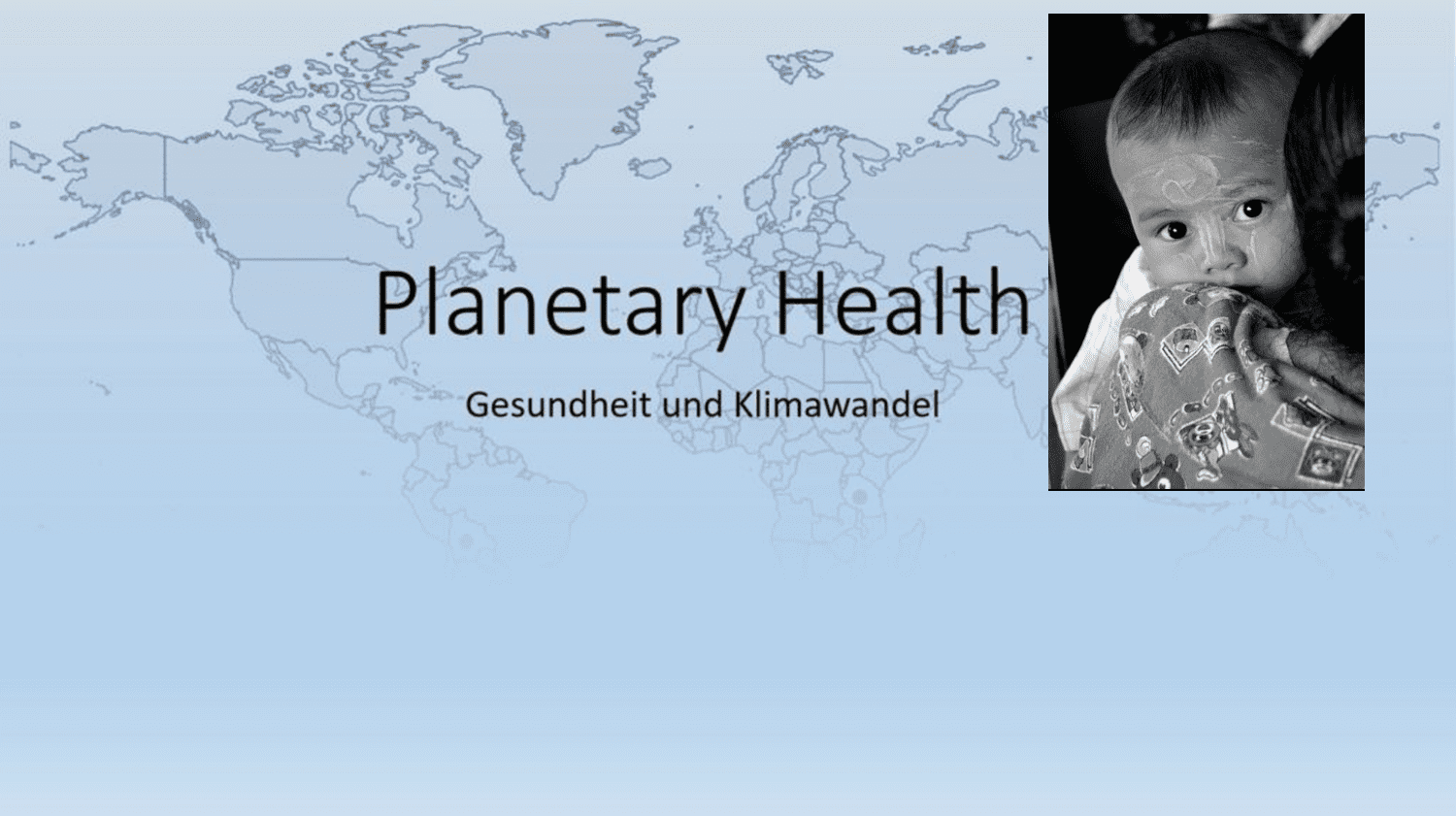After examining the various aspects of how climate change affects our bodies throughout the year, we are now concluding the 'Planetary Health' series in December with the psychological consequences.
The first scientific study on this topic was published by the U.S. Global Change Research Program back in 2014. It found that vulnerable groups such as children, pregnant women and people with a weak socio-economic background also have a higher risk of psychological consequences. Traumatic experiences such as hurricanes, forest fires or floods, some of which are life-threatening, trigger anxiety disorders or depression. People who have experienced such events very often suffer from post-traumatic stress disorder in the aftermath of extreme weather events. After Hurricane Katrina in New Orleans in 2005, for example, over 50% of those affected reported depressive symptoms.
In addition to acute events, changes in living conditions that threaten a person's existence can also trigger stress reactions. This feeling of loss and anxiety when the environment destroys familiar surroundings is researched under the term "sostalgia".
As the number of extreme weather events is increasing worldwide and their intensity is also increasing, the psychological consequences are also a global social problem: while droughts and the associated crop failures are causing fear of hunger in developing countries, the threat of hurricanes or floods is causing fear in other regions.
In terms of age groups, it can be observed that natural disasters lead to psychological stress, particularly in children: they have fewer coping strategies than adults and experiencing relevant events at an early age increases the risk of mood swings throughout their lives. In addition, people born today will experience much more extreme weather on average than a person born in 1960. For example, it is assumed that they are seven times more likely to experience a heatwave.
In our projects in BoliviaMyanmar and Tanzania, extreme weather events and the associated psychological problems play a major role. The Climate Risk Index is a good indicator of this: the lower the value, the more a country is affected by extreme weather events. Tanzania ranks in the global midfield here with a value of 114. Bolivia and Myanmar , on the other hand, rank among the ten most severely affected countries. Another sad fact in Myanmar (second place behind Puerto Rico): 90% of deaths occurred within one year (German Watch, 2022).
Nevertheless - or precisely because of this - we are not giving up on putting all our energy into supporting these countries and improving the health of the local population bit by bit.



